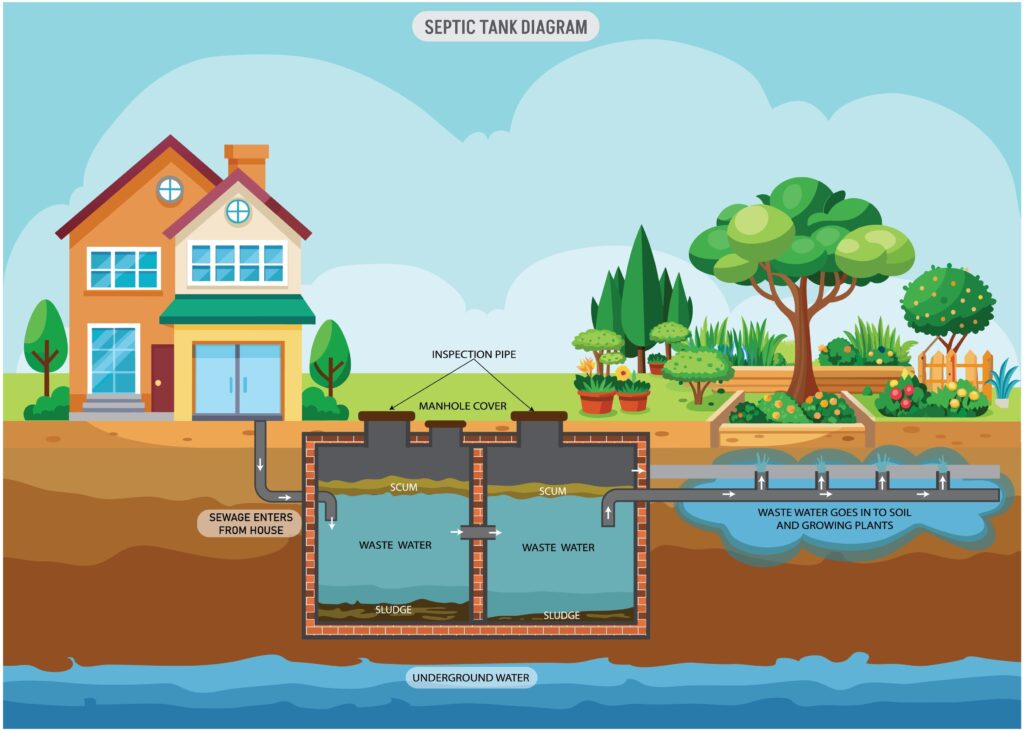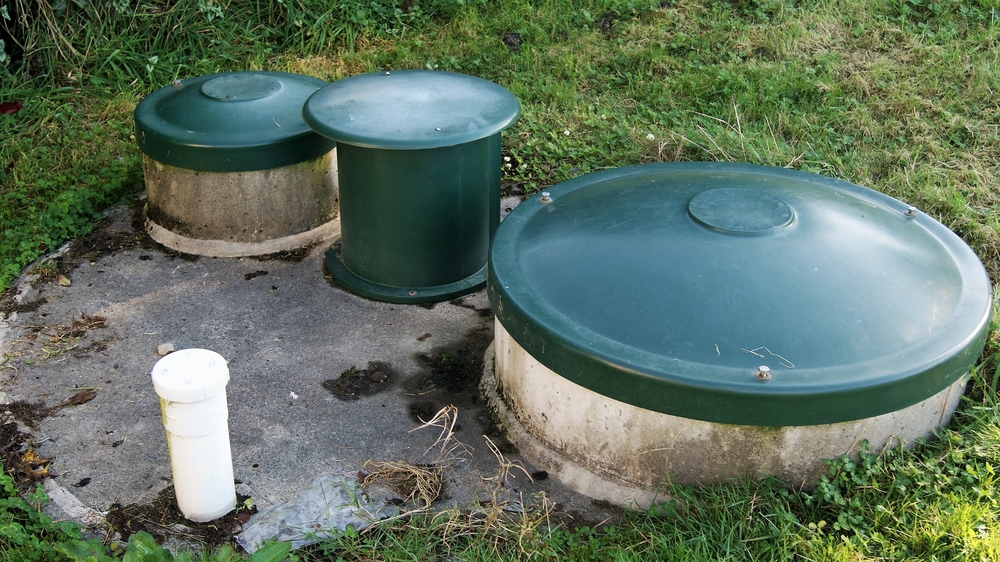A septic system is one of the most important—and expensive—parts of your property. When it fails, the cost of repair or replacement can quickly climb into the thousands. Fortunately, with the right care and attention, you can prevent many common issues before they turn into financial burdens. Homeowners across Upstate South Carolina can protect their investment by following these simple, proven tips to avoid costly septic repairs and keep systems running efficiently for decades.
Why Preventive Septic Care Saves Money
Preventive maintenance costs far less than emergency repairs. A typical septic tank pumping service costs only a fraction of what you’d spend repairing a clogged drain field or replacing a collapsed tank. By staying proactive, you reduce the risks of:
- Sewage backups that damage flooring and walls.
- Drain field failure requiring excavation and reconstruction.
- Contaminated groundwater that can affect wells and streams.
- Unexpected emergency calls during nights or weekends.
The key is recognizing that a septic system isn’t “out of sight, out of mind.” Consistent care prevents failures and saves thousands over time.
Schedule Regular Septic Tank Pumping
One of the simplest ways to extend the life of your system is to pump the septic tank every 3 to 5 years. The exact schedule depends on household size, water use, and tank capacity.
Why It Matters
- Pumping removes sludge and scum that can clog pipes.
- It prevents overflow into the drain field.
- Regular pumping keeps bacteria balanced for proper waste breakdown.
Tip: Keep written records of every pumping service to track your system’s maintenance history.
Be Careful About What Goes Down the Drain
Everyday household habits can determine how long your septic system lasts. Treating your drains as trash cans can lead to costly repairs.
Avoid Flushing or Draining:
- Wipes, feminine products, or paper towels
- Cooking grease and oils
- Harsh chemicals, bleach, or paint
- Medications that disrupt bacterial balance
Instead, dispose of these items in the trash. Using your drains wisely reduces the buildup of non-biodegradable waste and keeps pipes flowing freely.
Use Water Wisely to Prevent Overload
Septic systems can only process so much water at one time. Overloading the tank with excess water forces untreated waste into the drain field, where it can cause clogs and failures.
Water-Saving Tips for Homeowners
- Spread out laundry loads during the week.
- Install low-flow faucets, showerheads, and toilets.
- Fix leaky plumbing fixtures immediately.
- Avoid running multiple water-heavy appliances at the same time.
By conserving water, you reduce the strain on your septic tank and extend its lifespan.
Protect the Drain Field
The drain field is where wastewater filters safely into the soil. If damaged, repairs are often expensive.
Drain Field Protection Tips
- Never park cars or heavy equipment on top of the drain field.
- Don’t plant deep-rooted trees nearby; roots can break pipes.
- Direct roof gutters and surface water away from the area.
- Keep the grass mowed to promote evaporation and soil health.
Maintaining a healthy drain field is just as critical as pumping the septic tank.
Look for Warning Signs Before They Escalate
Recognizing early symptoms of trouble can prevent catastrophic breakdowns. Keep an eye out for:
- Slow drains throughout the home.
- Gurgling noises from toilets and sinks.
- Bad odors around the yard or near drains.
- Standing water or lush grass patches over the septic system.
- Sewage backups in bathrooms or basements.
When these signs appear, act quickly. Calling a professional before the issue worsens can mean the difference between a simple fix and a full system replacement.
Hire Professionals for Inspections
Even with good habits, professional inspections are essential. Licensed septic service providers in Easley, Greenville, Pickens, and the surrounding Upstate region can evaluate:
- Tank sludge and scum levels
- Structural condition of baffles and filters
- Functionality of pumps and alarms (if applicable)
- Drain field performance
South Carolina’s DHEC also provides septic system guidelines and recommendations to ensure safety and compliance. Following these local standards keeps your system in line with environmental protection laws.
Avoid Emergency Septic Repairs With Smart Choices
Emergency septic repairs are stressful, messy, and costly. By sticking to regular pumping schedules, smart water usage, and careful drain habits, you can dramatically lower your risk of expensive system failures. Preventive care not only protects your home but also safeguards the local environment from contamination.
For homeowners in Upstate South Carolina, the best way to stay ahead of septic problems is to work with trusted local experts. Visit Easley SC Septic to find reliable service providers who understand the unique needs of our region and can help you keep your system running smoothly.
#septicrepairs #septictips #easleysc #septictankmaintenance #upstatesc




